News
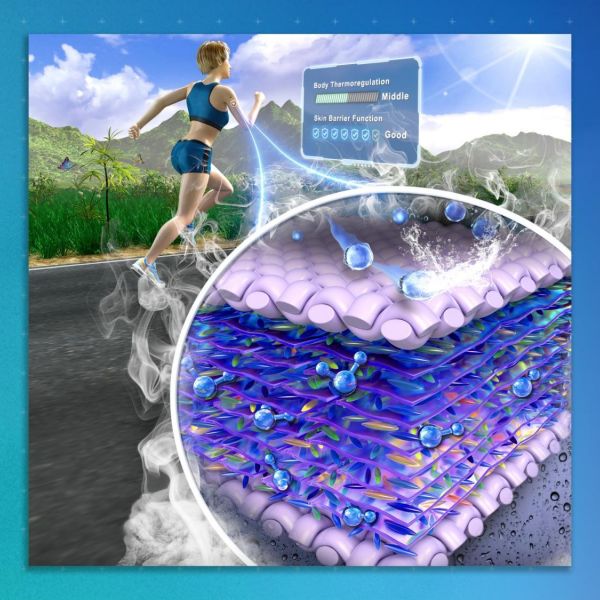
Feb 22, 2023
Superhydrophobic biosensor could measure sweat vapors on the body
Sweat contains biomarkers that help doctors make health diagnoses. Wearable sensors can be used to monitor a person’s perspiration rate and provide information about the skin, nervous system activity and underlying health conditions.
Full Article

Feb 21, 2023
Kwapis appointed Paul Berg Early Career Professor in the Biological Sciences
Janine Kwapis, assistant professor of biology at Penn State, has been appointed as the first Paul Berg Early Career Professor in the Biological Sciences in recognition of her research contributions, teaching, and service to the Department of Biology and the Eberly College of Science.
Full Article
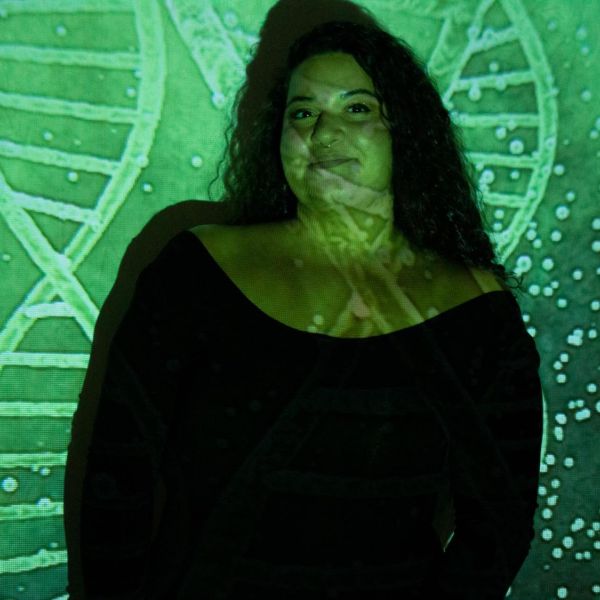
Feb 21, 2023
NIH grant allows grad student to study Cuban, Cuban-American health disparities
Growing up in Miami’s Cuban American community, Margarita “Maggie” Hernandez said she often felt “like I wasn’t Cuban enough, but also not American enough.” Today, though, she’s beyond proud of her roots — so much so that she’s made it a hallmark of her research.
Full Article
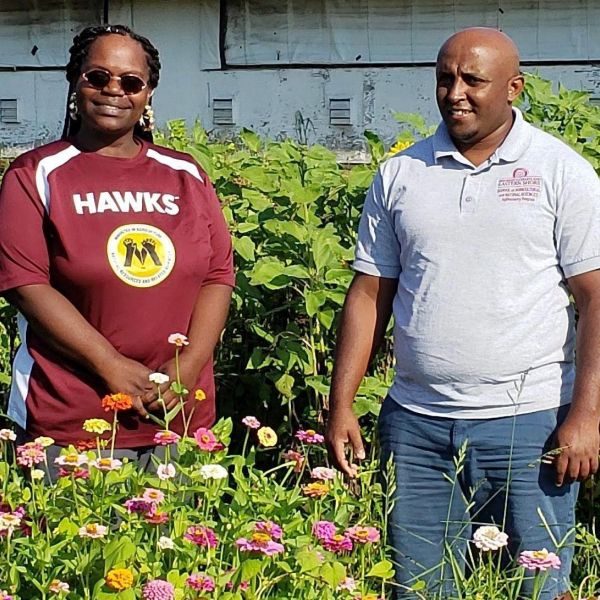
Feb 20, 2023
Grant will promote STEM graduate studies for students from diverse backgrounds
A consortium of institutions led by faculty in Penn State’s College of Agricultural Sciences has received a $75,000 planning grant from the Alfred P. Sloan Foundation aimed at expanding the recruitment of and opportunities for Black, Indigenous and Latino students to enroll in science, technology, engineering and mathematics graduate programs.
Full Article
Feb 20, 2023
Podcast explores the genetics of personality through the lens of adoption
Social scientists have long sought to better understand how and why different behavioral traits develop in different individuals.
Full Article
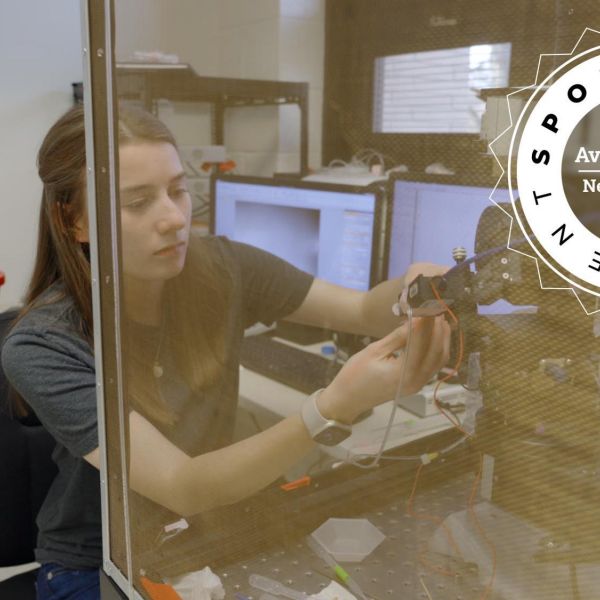
Feb 20, 2023
New Student Spotlight video highlights neuroscience's Avery Sicher
The latest entry in the Student Spotlight series from the Huck Institutes covers Avery Sicher, a graduate student in the Neuroscience Program, and her research on the effects of alcohol consumption on brain development.
Full Article

Feb 17, 2023
Graduate student in College of Ag Sciences gets USDA-APHIS training fellowship
A Penn State graduate student has received a highly competitive and prestigious fellowship from the U.S. Department of Agriculture’s Animal and Plant Health Inspection Service (APHIS) to participate in its National Scientist Training Program.
Full Article

Feb 16, 2023
Penn State biochemist Denise Okafor receives 2023 Marion Milligan Mason Award
C. Denise Okafor, assistant professor of biochemistry and molecular biology and of chemistry at Penn State, has been selected as a recipient of the 2023 Marion Milligan Mason Award for Women in the Chemical Sciences by the American Association for the Advancement of Science (AAAS).
Full Article

Feb 15, 2023
Penn State names seven new distinguished professors for 2023
Penn State's Office of the Vice Provost for Faculty Affairs has named seven distinguished professors for 2023. The distinguished professor title recognizes outstanding academic contribution to the University.
Full Article
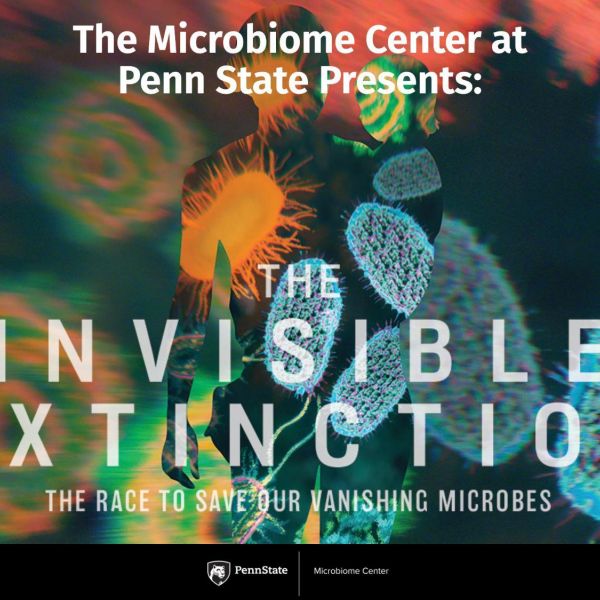
Feb 15, 2023
Free film and panel discussion reveals 'invisible' crisis of the microbial world
At 6 p.m. Thursday, March 2, Penn State’s Microbiome Center will present "The Invisible Extinction" — a movie that spotlights the trailblazing work and charismatic personalities of renowned scientists who aim to save the vanishing microbes that are essential for our survival.
Full Article